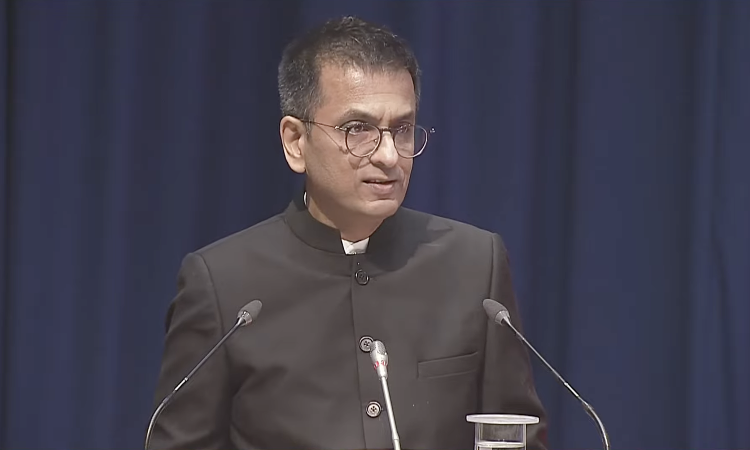Sense Of Intolerance Among Communities Causing Polarisation Across The World : CJI DY Chandrachud
Amisha Shrivastava
9 Dec 2023 9:49 AM IST

Next Story
9 Dec 2023 9:49 AM IST
Chief Justice of India DY Chandrachud during his keynote address at the 2023 Jamnalal Bajaj Awards ceremony said that the polarization witnessed both in India and around the world is marked by factors such as the growth of social media, a sense of intolerance among communities, and the short attention spans of the younger generation.“Much of the polarization which we see today across...
